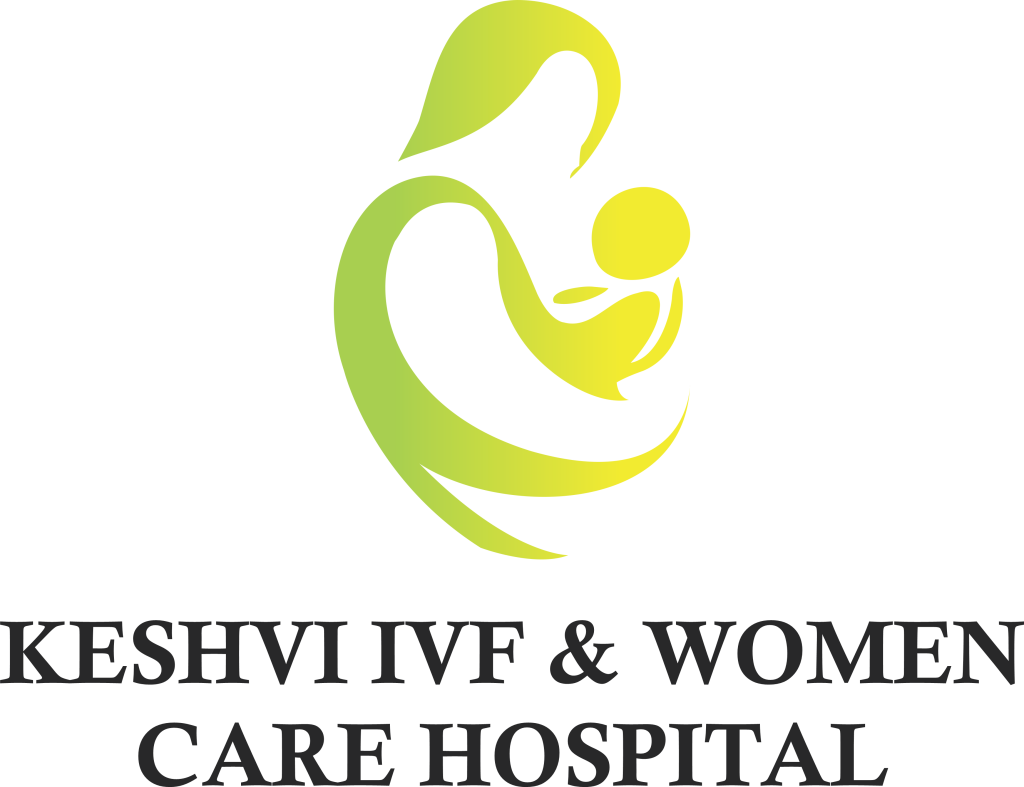Understanding Endometrial Polyp in Woman: causes, symptoms and treatment options
Endometrial polyp in woman is a condition that silently affects many without obvious symptoms. Often discovered during fertility evaluations or gynecological exams, these growths in the uterine lining can influence both menstrual health and fertility outcomes. Therefore, understanding their nature, causes, and treatments is crucial for women’s reproductive well-being.
What Are Endometrial Polyps?
Endometrial polyps are soft overgrowths of tissue that develop within the endometrial lining of the uterus. Although mostly benign, they can sometimes contribute to abnormal bleeding or fertility challenges. These polyps vary in size and number, and their presence may remain unnoticed for long periods. Because of this, they are frequently detected only during detailed scans or procedures.
Causes and Risk Factors
While many women experience no symptoms, others report irregularities that raise concern. These may include:
-
Heavy or prolonged menstrual bleeding
-
Spotting between periods
-
Post-menopausal bleeding
-
Infertility or difficulty conceiving
Even if the symptoms are subtle, they should never be ignored. As a result, early gynecological consultation is highly advised.
Diagnosis of Endometrial Polyp in Woman
The diagnosis of an endometrial polyp in woman is usually initiated when she presents with symptoms such as irregular bleeding, spotting between periods, or unexplained infertility. Although these polyps are generally benign, they can resemble more serious conditions like hyperplasia or cancer, which makes early evaluation vital.
As a first step, transvaginal ultrasound is often performed. During this non-invasive scan, sound waves are used to visualize the uterine cavity, helping detect any abnormal growths. However, in order to gain a more detailed view, sonohysterography is frequently advised. In this method, sterile fluid is introduced into the uterus before an ultrasound is conducted, improving the clarity of the uterine lining.
Additionally, hysteroscopy is widely regarded as the most definitive diagnostic tool. Through this procedure, a thin telescope is inserted into the uterus, allowing direct visualization of the polyp. Not only can the presence of a polyp be confirmed, but tissue sampling can also be done immediately. Therefore, a multi-step diagnostic approach ensures accurate detection and supports proper treatment planning.
Treatment of Endometrial Polyp in Woman
Once an endometrial polyp in woman has been confirmed, the treatment pathway depends on several factors including age, symptoms, hormonal profile, and reproductive goals. If the polyp is small and asymptomatic, particularly in postmenopausal women, observation and regular follow-ups may be recommended.
However, when symptoms persist or if fertility is affected, active intervention is preferred. In most cases, hysteroscopic polypectomy is the procedure of choice. This minimally invasive method allows for the complete removal of the polyp while preserving the integrity of the uterus.
Furthermore, it is often completed as a day-care procedure with minimal recovery time. Once removed, the polyp is sent for histopathological examination to confirm its benign nature. Even though recurrence is rare, routine monitoring is still encouraged to ensure ongoing reproductive health. Most importantly, women trying to conceive may experience improved implantation success following removal. Consequently, timely treatment of endometrial polyps not only alleviates symptoms but also optimizes fertility outcomes in the long run.
Impact on Fertility
An undiagnosed endometrial polyp in woman can interfere with embryo implantation or cause inflammation in the uterine lining. Therefore, removing polyps often enhances the success rate of assisted reproductive techniques like IUI and IVF. As a result, gynecologists and fertility experts frequently advise polyp evaluation as part of infertility workups.
Personalized Care at Keshvi IVF
At Keshvi IVF, women with reproductive health concerns such as endometrial polyps receive compassionate, expert-led care. Every patient’s journey is supported with advanced diagnostics, gentle treatment options, and personalized fertility planning. The experienced team ensures that from detection to recovery, each step is guided with professionalism and hope.
Choosing the right fertility clinic can make all the difference in your journey to parenthood. With its exceptional medical expertise, cutting-edge technology, and a deeply compassionate approach, Keshvi IVF stands out as the best IVF center in Udaipur. Whether you’re just beginning to explore fertility options or are ready to take the next step, Keshvi IVF is committed to guiding you with care, clarity, and confidence. Take the first step toward building your family—because at Keshvi IVF, miracles begin with trust.

